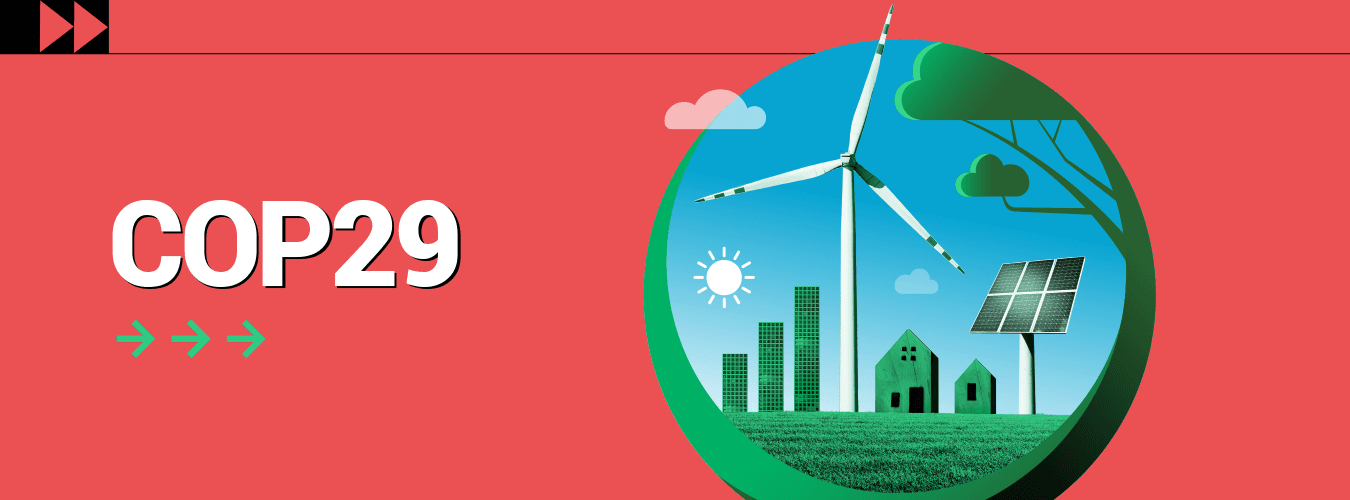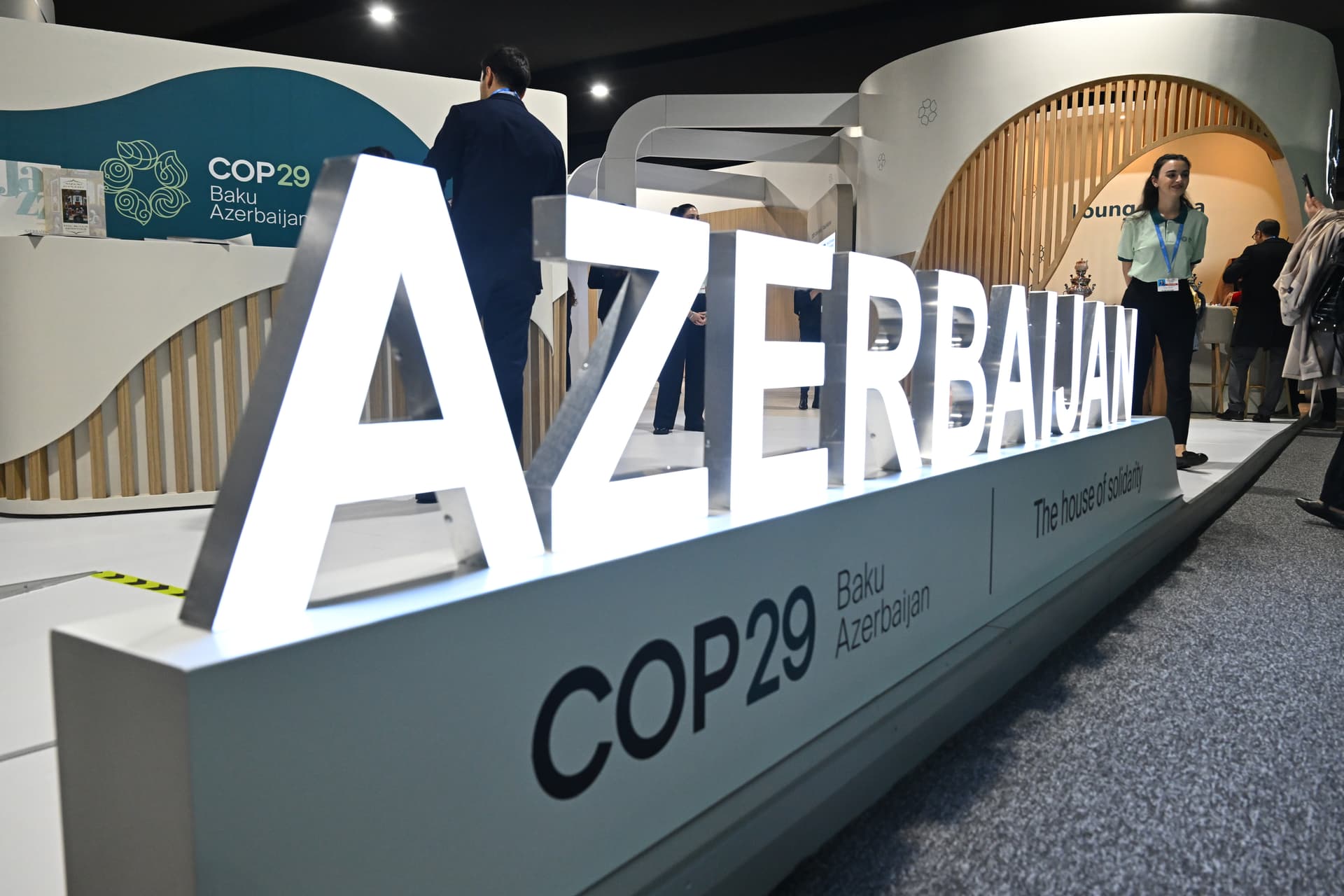TCU participates in United Nations Climate Change Conference
Minister Vital do Rêgo represents the Court in discussions on energy transition and the Amazon agenda, while also presenting the latest results from ClimateScanner
By Secom / Serint
Minister Vital do Rêgo represents the Court in discussions on energy transition and the Amazon agenda, while also presenting the latest results from ClimateScanner

Starting Monday (11/11), the Brazilian Federal Court of Accounts will participate in the United Nations Climate Change Conference (COP29) in Azerbaijan. The goal is to contribute to discussions on various climate-related topics, including energy transition, the low-carbon economy, and the Amazon agenda, as well as to present preliminary results from the ClimateScanner initiative.
The Vice President of the TCU, minister Vital do Rêgo, will represent the Court at the conference. The Court chairs the International Organization of Supreme Audit Institutions (INTOSAI) and plays a key role in guiding global climate audit initiatives. Participation in the conference is expected to strengthen international cooperation, amplify INTOSAI's global voice, and reinforce the essential role of Supreme Audit Institutions (SAIs) in monitoring and ensuring transparency in climate change mitigation efforts.
“We are bringing valuable contributions to the conference, showcasing the advancements of ClimateScanner and highlighting the TCU’s leadership in energy transition initiatives, which reflects our commitment to climate issues and sustainability,” commented the minister.
On November 12, minister Vital do Rêgo participated in the panel, “How can ClimateScanner and the Global Citizens' Assembly drive global climate solutions and build the road to COP30?” This session, organized by the TCU and the General Secretariat of the Presidency of the Republic, aims to discuss strategies for increasing civil society participation, especially among youth, in shaping the path to COP30, which will be held in Brazil.
Also on November 12, minister Vital do Rêgo attended the kickoff of the National Confederation of Industry (CNI) stand, which will serve as a strategic meeting point to gather CNI's key institutional supporters at the conference.
On Wednesday (11/13), discussions will center on the Legal Amazon Interstate Consortium, which unites the interests of the region’s nine states: Acre, Amapá, Amazonas, Mato Grosso, Maranhão, Pará, Rondônia, Roraima, and Tocantins. The consortium aims to implement concrete actions for forest preservation and climate change mitigation. Participation in COP29 underscores the importance of placing the Amazon at the forefront of climate discussions. TCU is also engaging in bilateral meetings with the Inter-American Development Bank (IDB) and the President of SAI Azerbaijan.
On Thursday (11/14), the highlight will be the presentation of ClimateScanner results. The first panel, “Where Are Governments with Their Climate Action? Results of the ClimateScanner Assessment,” will be led by the TCU in collaboration with the INTOSAI Working Group on Environmental Auditing (WGEA) and the Supreme Audit Institution (SAI) of Azerbaijan.
Additionally, the Vice President of the TCU will participate in the CNI’s panel on business dialogue for a low-carbon economy.
Learn about the ClimateScanner
ClimateScanner is a global initiative coordinated by the TCU, with the support of an executive group comprising 18 Supreme Audit Institutions (SAIs) within INTOSAI. The methodology enables SAIs to conduct rapid assessments of national governments' actions in response to the climate crisis. To date, 141 organizations have been trained, and 61 have completed their analyses. ClimateScanner focuses on three key areas: financing, governance, and public policies for adaptation and mitigation.
Brazil’s role in the Energy Transition
During COP29, the TCU will emphasize the urgency of the energy transition as a critical response to the climate crisis and to achieve the Sustainable Development Goals (SDGs) and the Paris Agreement. As part of its contribution, TCU will explore how audits can strengthen a just and sustainable energy transition by promoting innovative methodologies and best practices for evaluating government policies.
Building on the insights from its recent audit on the energy transition, TCU aims to support other SAIs enhance oversight and transparency in this area. The audit, which utilized a framework based on four key pillars for a successful transition—governance, fairness and inclusion, financing, and energy transition policies—was also inspired by the results of ClimateScanner, establishing a strong model for monitoring government actions on the issue.
